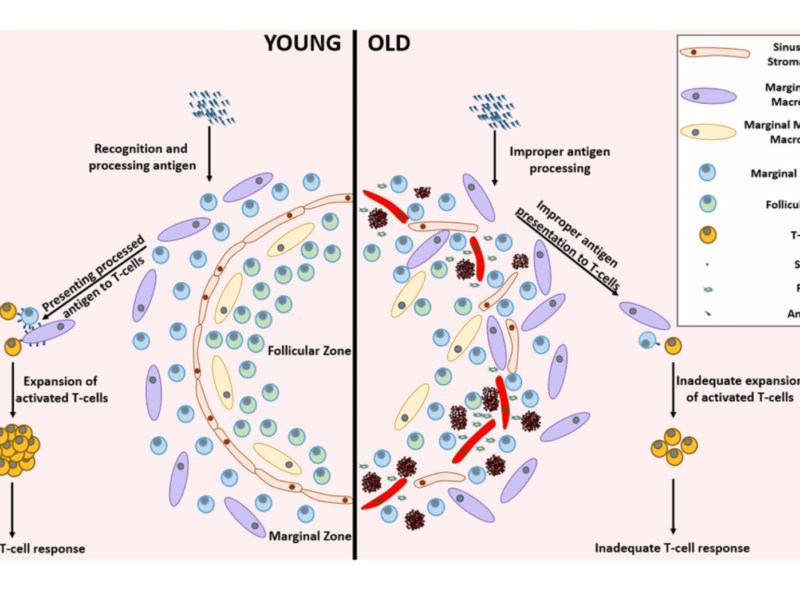Literature on the interaction between cellular senescence and the immune system is reviewed, with a focus on cellular senescence in lymphoid organs.
Aging (Aging-US) Research
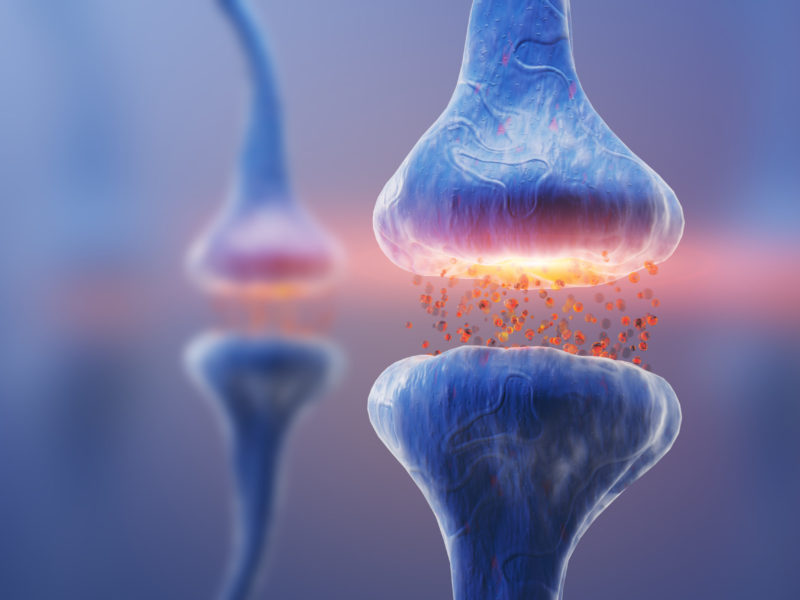
The MEND (Bredesen) protocol to treat neurodegeneration associated with Alzheimer’s disease was tested in a small cohort. In 2016, researchers followed up with objective results.
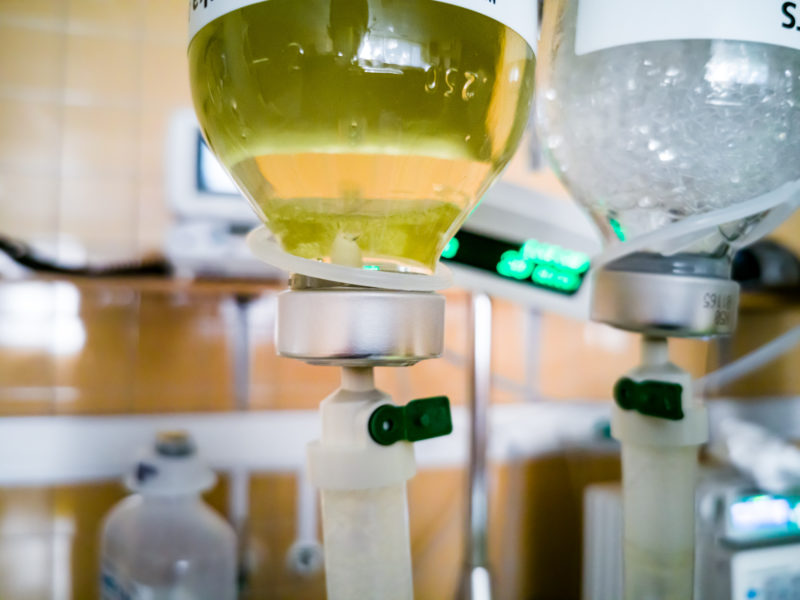
From the University of California Berkeley and Apheresis Care Group, researchers discovered a method of “refreshing” blood that reverses some of the effects of aging.
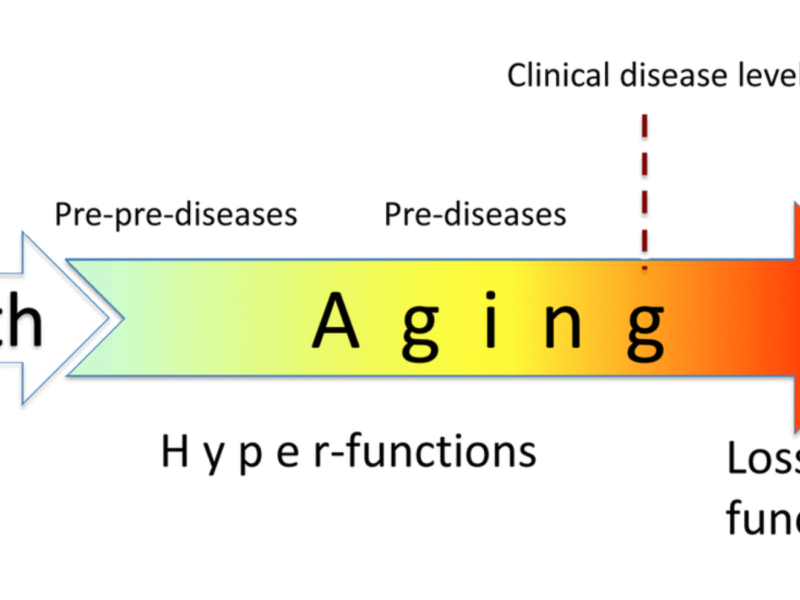
In 2018, Dr. Mikhail Blagosklonny wrote a thought provoking theory article, entitled: “Disease or not, aging is easily treatable.”
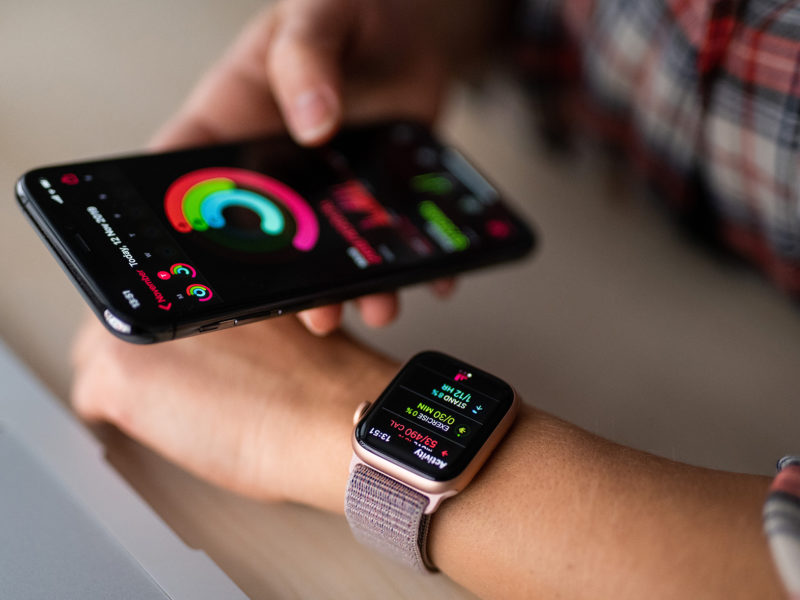
Researchers trained and validated a deep learning neural network technology—the GeroSense Biological Age Acceleration (BAA) system—to extract health-associated features from wearable sensor data.
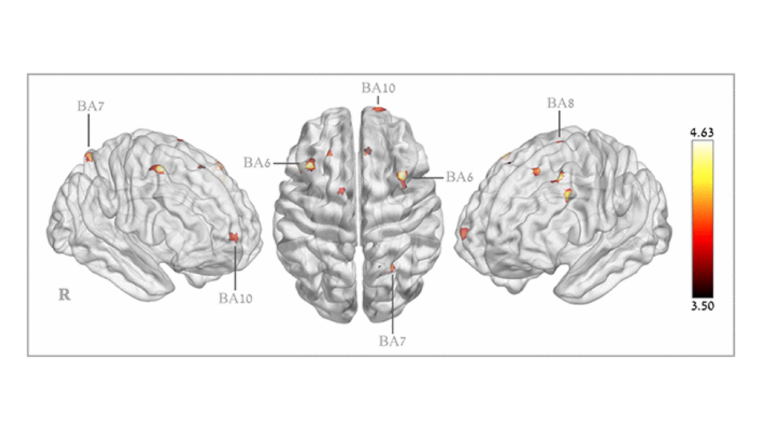
Hyperbaric oxygen therapy (HBOT) provides significant benefits for patients who have suffered brain damage. In this 2020 study, researchers assessed the effects of HBOT among healthy aging participants.
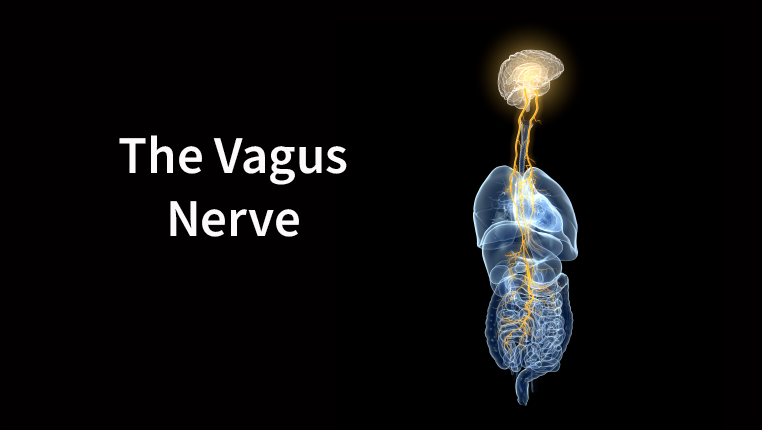
Researchers from the University of Leeds and the University of Glasgow conducted a 2019 study on the effects of transcutaneous vagal nerve stimulation (tVNS) among participants 55 years of age and older.
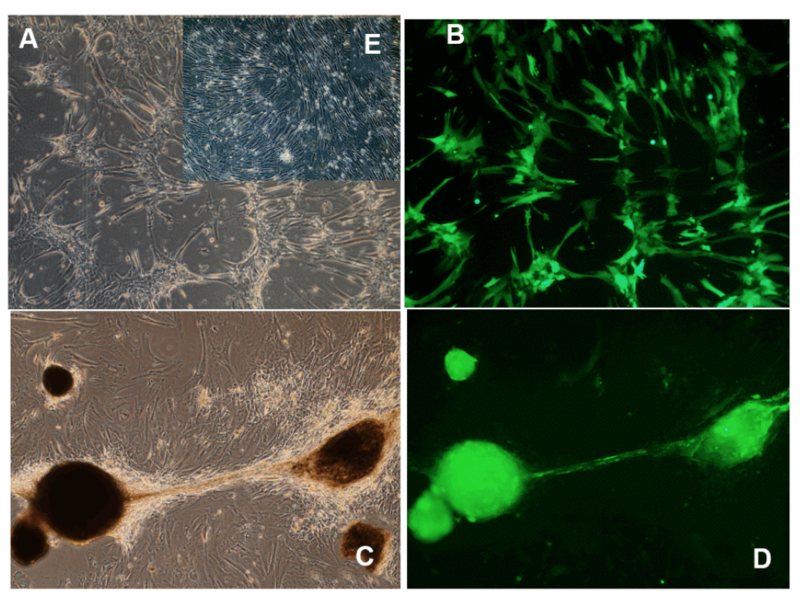
Researchers discuss the role that the epigenetic clock may play in the aging process and in rejuvenation as an approach to set back epigenetic age.

In an effort to mimic metformin and rapamycin, researchers used powerful screening methods to analyze over 800 natural compounds to assess their anti-aging potential and safety profile.

